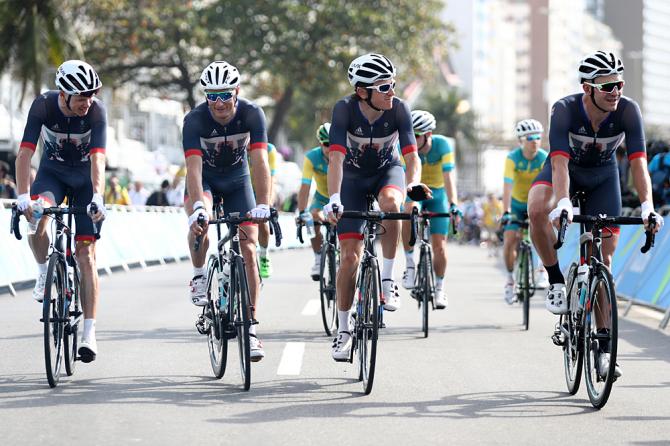Olympic Games: 5 conclusions from the men's road race
Not a course for climbers? Small teams, best laid plans, early break and more
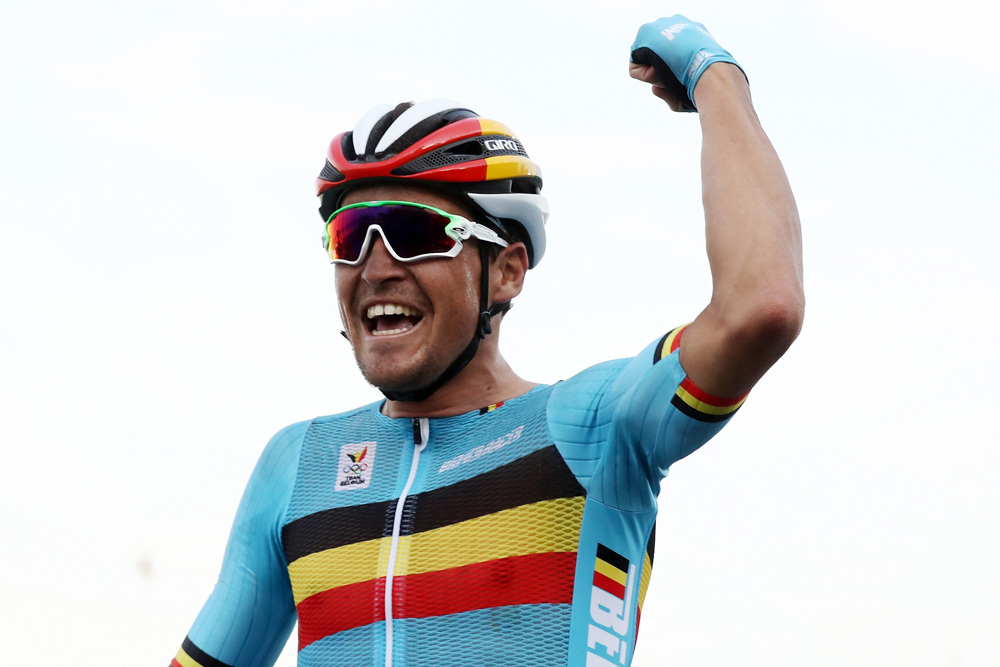
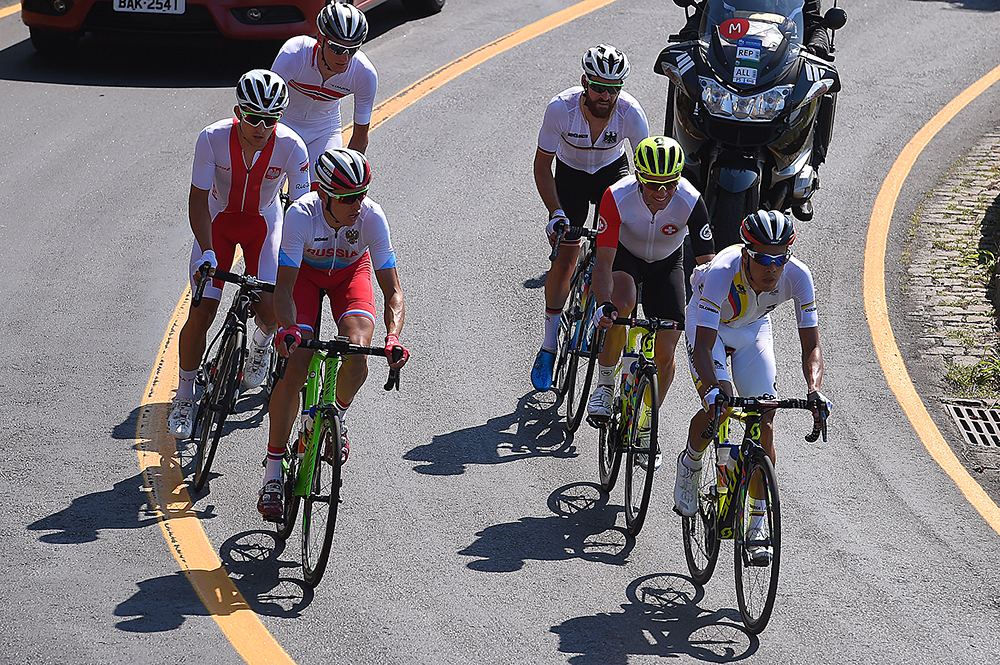
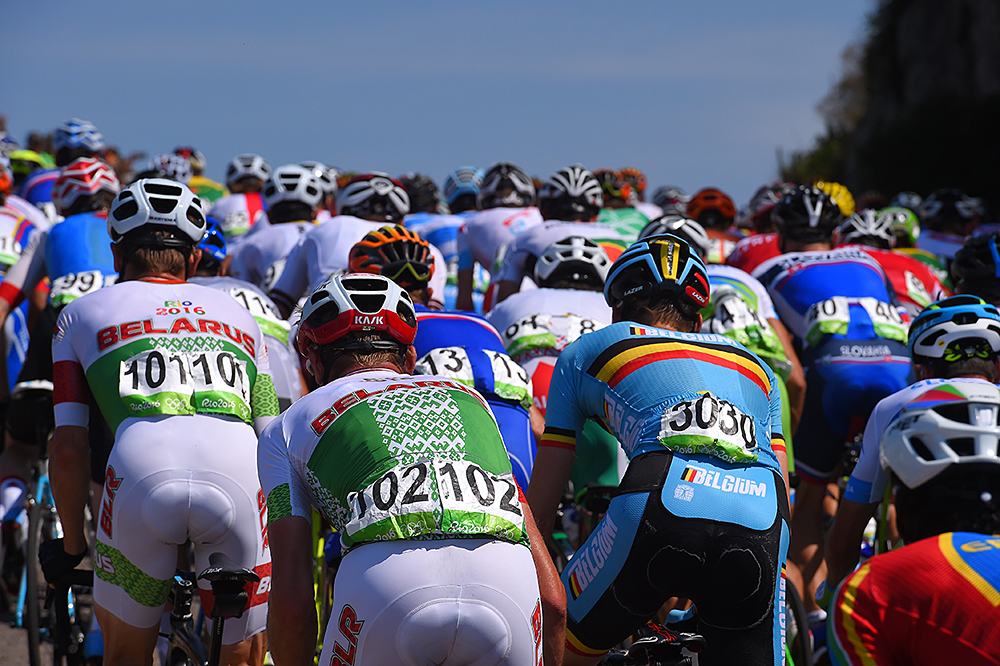
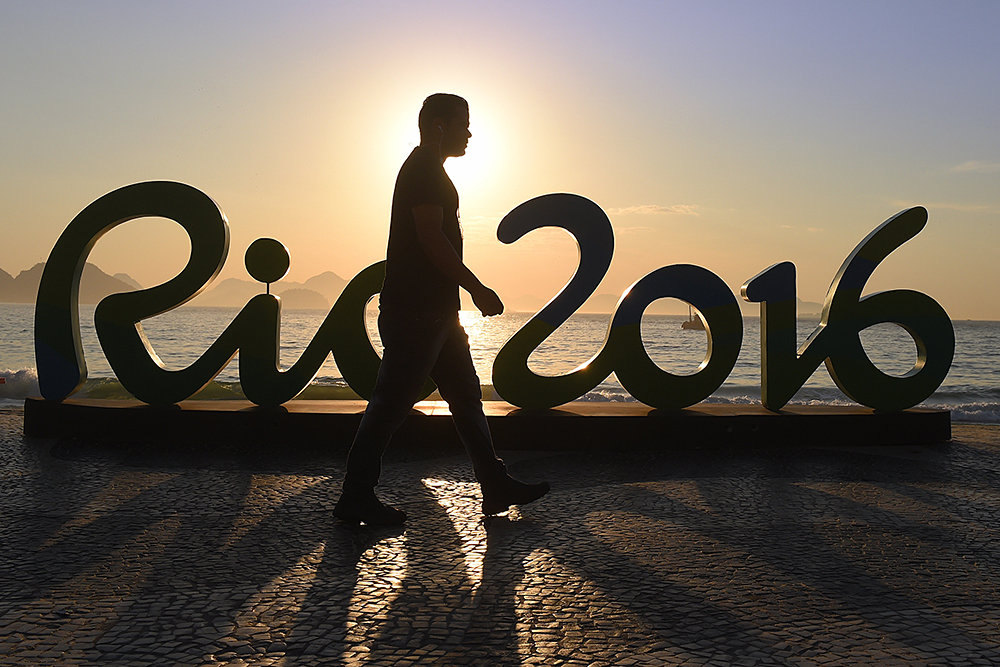
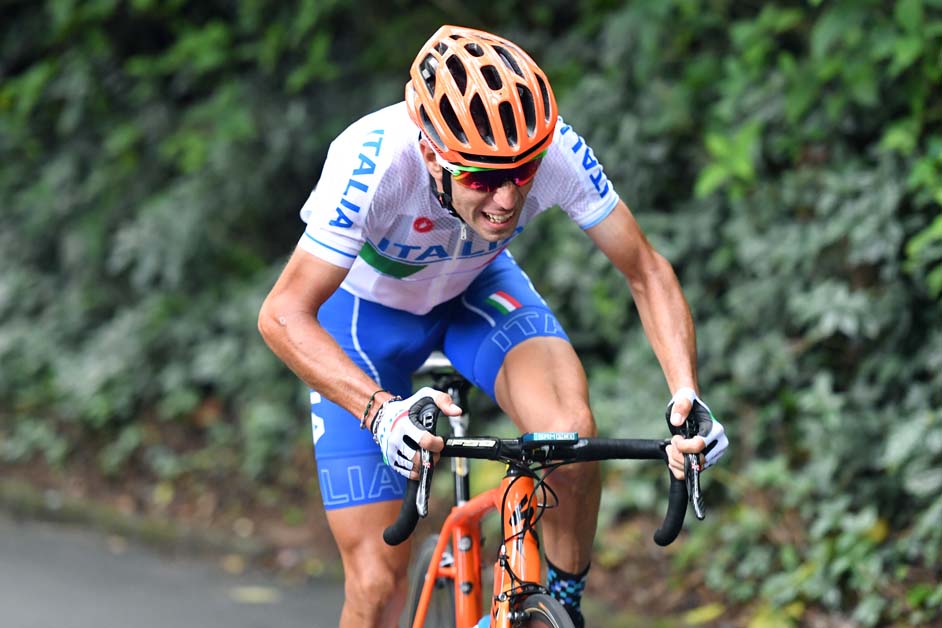
Not necessarily a course for the pure climbers after all
All the talk in the build-up to Rio was of how this was one of the toughest courses the Olympic Games had ever known. 'It really is a true climber's course', was the line trotted out by pretty much every rider and coach who'd been out to Brazil to check it out.
Few then, apart from Cyclingnews' Barry Ryan in his '10 riders to watch' piece, earmarked Greg van Avermaet as a bona fide contender for gold. The Flandrien would have felt perfectly at home on the opening Grumari circuit, with its cobbles and short climbs, but the subsequent Canoas/Vista Chinesa circuit, with its three ascents of the Vista Chinesa climb, was thought to be a bit too far outside his comfort zone.
However, the climb didn't prove quite as selective as widely expected – even on the final ascent when the medal moves were being made.
That said, Van Avermaet did produce the climbing form of his life to keep himself in contention. It shouldn't be forgotten that he was seventh in Liège-Bastogne-Liège several years ago and his Tour de France stage win in the Massif Central and subsequent yellow jersey defence in the Pyrenees showed that he was going uphill pretty well coming into Rio.
Going over the top of the climb, Van Avermaet shouldn't have won; had the leading trio of Nibali, Henao and Majka got down safely, they'd surely have shared out the medals. As it was, the flat closing phases, and the fact that it was just Majka out in front, turned the race back in favour of a Classics rider like Van Avermaet – someone who had the strength to attack on the flat, the nous to know the right time to go and to make it tick with a competitor, and the kick to finish it all off.
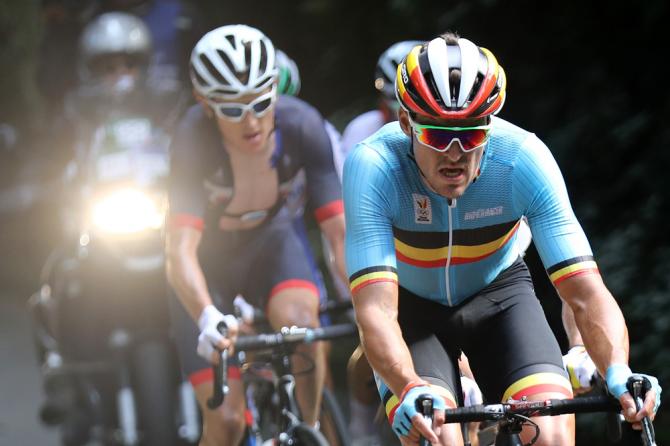
Small teams make for scintillating racing
Get The Leadout Newsletter
The latest race content, interviews, features, reviews and expert buying guides, direct to your inbox!
Every four years we get a taste of what racing is like with smaller teams, and Rio didn't disappoint. One of the talking points at this year's Tour de France was the possibility of reducing teams' quotas of nine riders, and the pulsating, chaotic racing we saw on Saturday stood in stark contrast to the anodyne final few days of the Tour.
With a maximum of five riders per team, and most of them with fewer, anyone seeking to exert a Sky-like control on proceedings was going to leave disappointed. There was action on the cobbles and climbs of the first lap of the Grumari circuit but the race really sprang to life on the third when the Czech Republic helped to split the race.
On the Canoas/Vista Chinesa circuit there were constant fluctuations in the race situation, with relatively small gaps between the groups on the road. Italy were the only team to really benefit from strength in numbers when they had three in the front group but that was a result of their astuteness in being in the right moves when it mattered, and it was fascinating to see the disorganised and frantic chase unfold behind.
That chaos, all the twists and turns – even the crashes, the natural coming together between a demanding parcours and riders' extreme hunger for a medal – showcased all that we love about one-day racing.
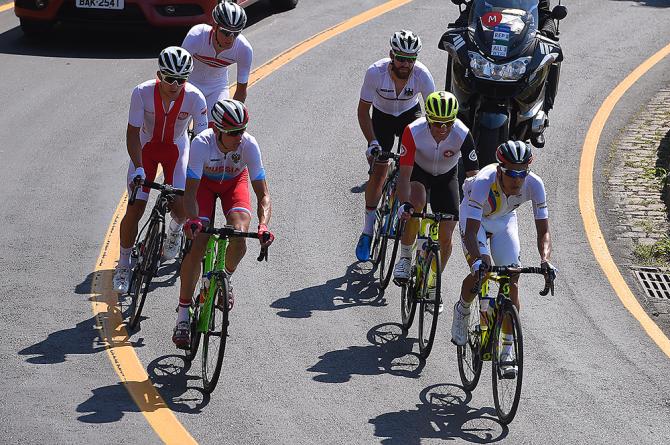
The best laid plans...
Italy's ride for Vincenzo Nibali was one of the most cohesive and flawlessly executed team plans in the race. The attack of Damiano Caruso drew out Van Avermaet and Henao, and then allowed Nibali and Aru to have a teammate as they bridged across on the final climb.
The tactic put Spain on the defensive, with Valverde being forced to sell out to get Rodriguez into position.
Aru also gave his all to tire out Nibali's opponents out front, and it worked like a charm. When Nibali attacked, only Henao and Majka could respond, and one of the best descenders in the peloton was in a prime position to go for gold, thanks to his team's fine work.
But it was the Olympic Games and nothing is ever simple. The descent proved to be a more formidable obstacle than the climb, and despite having been down it at speed twice before, Henao and Nibali crashed, taking two thirds of the power out of the move.
One has to wonder, had Nibali stayed upright, how differently things might have played out for the medals.
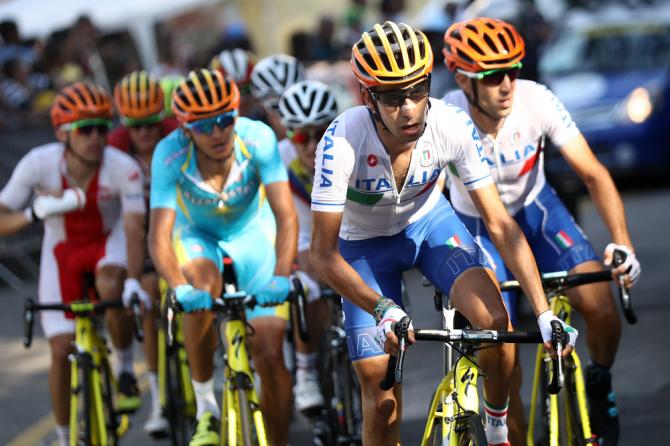
The beauty of Rio
The Olympic Games in a developing country like Brazil, in a city as filled with poverty and political problems as Rio de Janeiro, was always going to produce the usual pre-Games disaster stories about unfinished housing, polluted water ways, discontent in the public and health concerns. All of that vanished for a few hours during the men's road race.
The cycling road races are the first events of the Games for one very good reason: while the opening ceremonies help introduce the world to a country's culture, the road cycling events showcase the landscape, and Rio has some of the most breathtaking scenery in the world.
The soaring headlands and the crashing waves on the beaches, the statue of Christ the Redeemer hovering above it all made for fantastic viewing.
Even without the scintillating racing going on, it would have been a joy to behold.
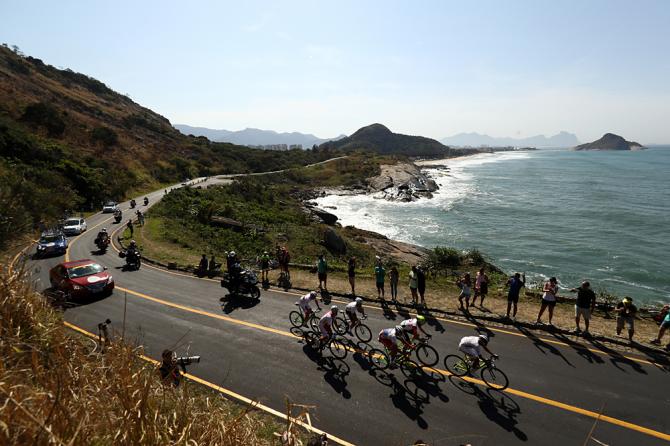
The importance of the team selection
Great Britain initially left the in-form powerhouse Stephen Cummings off the team, opting for Team Sky's Peter Kennaugh instead. Cummings gave some angry retorts to the media, threatening to never race for the national team and objecting strongly to the clear conflict of interest of Rod Ellingworth, who serves as coach for Team GB and Team Sky's head of performance.
"I think we need a new coach because of a conflict of interest," he told Cyclingnews. "That's my opinion and maybe I'll never ride for GB again but if that's the way it is, then that's the way it is. If you win the races I've won this year, in the way I've won them, and you don't get picked then you might as well say what you think."
But it was Cummings' legs who did the talking when he won a stage in the Tour de France and then hinting that he'd be open to riding for Team GB in Rio should he be called upon. Fast forward 10 days and Kennaugh volunteered to stay home, allowing Cummings to take his place.
Had Kennaugh not been so generous, the British might not have had the chances they did, as Cummings tore up the peloton in pursuit of the breakaway. Had Thomas not crashed out of the Van Avermaet group, Britain might have had a medal.
A similar scenario played out in the women's race. Kristin Armstrong, whose role in the team came under question after two fellow Americans fought their exclusion in the courts, ended up being one of the most important players in the race, marking every move and reeling in breakaways until she, like Cummings, could do no more at the base of the final climb.
